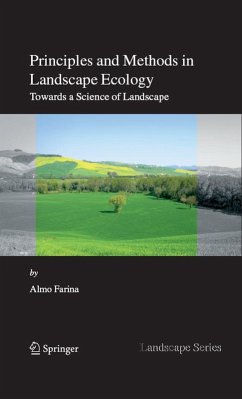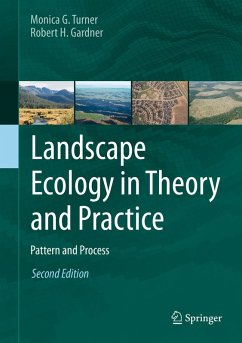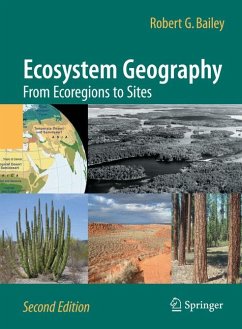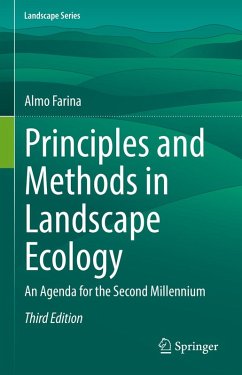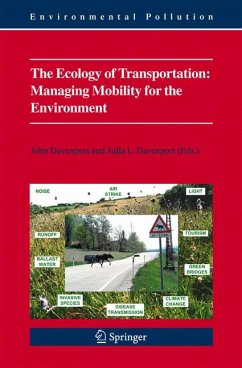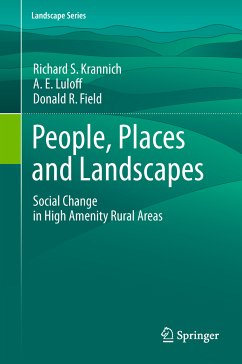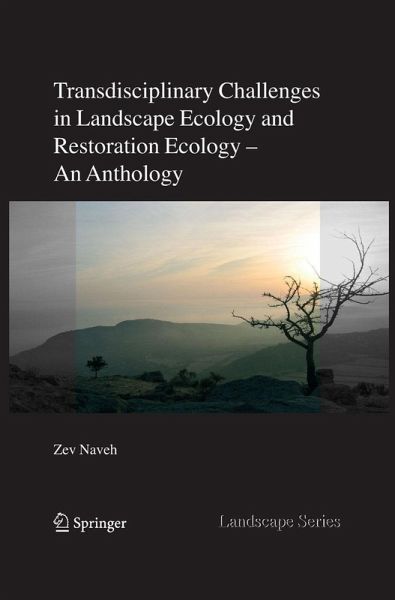
Transdisciplinary Challenges in Landscape Ecology and Restoration Ecology - An Anthology (eBook, PDF)
Versandkostenfrei!
Sofort per Download lieferbar
160,95 €
inkl. MwSt.
Weitere Ausgaben:

PAYBACK Punkte
80 °P sammeln!
Capitalizing on forty years of intensive ecological studies, this anthology presents a collection of widely dispersed major publications on theoretical and practical Mediterranean, global environmental and landscape issues. Each chapter features a comprehensive study of ecological and landscape issues, synthesized in the introduction, and woven with autobiographical experiences. The concluding chapter calls for a transdisciplinary shift in all environmental scientific fields and particularly in landscape and restoration ecology, to cope with the complex, closely interwoven ecological, socio-ec...
Capitalizing on forty years of intensive ecological studies, this anthology presents a collection of widely dispersed major publications on theoretical and practical Mediterranean, global environmental and landscape issues. Each chapter features a comprehensive study of ecological and landscape issues, synthesized in the introduction, and woven with autobiographical experiences. The concluding chapter calls for a transdisciplinary shift in all environmental scientific fields and particularly in landscape and restoration ecology, to cope with the complex, closely interwoven ecological, socio-economical, political and cultural crises facing human society during the present crucial transition from the industrial to the post-industrial, global information age.
Updating and broadening the scope of the groundbreaking Springer book on Landscape Theory and Applications by the author and Lieberman (1994), this is a unique transdisciplinary attempt based on advanced systems complexity theories, which link the natural and human sciences.
Updating and broadening the scope of the groundbreaking Springer book on Landscape Theory and Applications by the author and Lieberman (1994), this is a unique transdisciplinary attempt based on advanced systems complexity theories, which link the natural and human sciences.
Dieser Download kann aus rechtlichen Gründen nur mit Rechnungsadresse in A, B, BG, CY, CZ, D, DK, EW, E, FIN, F, GR, HR, H, IRL, I, LT, L, LR, M, NL, PL, P, R, S, SLO, SK ausgeliefert werden.




